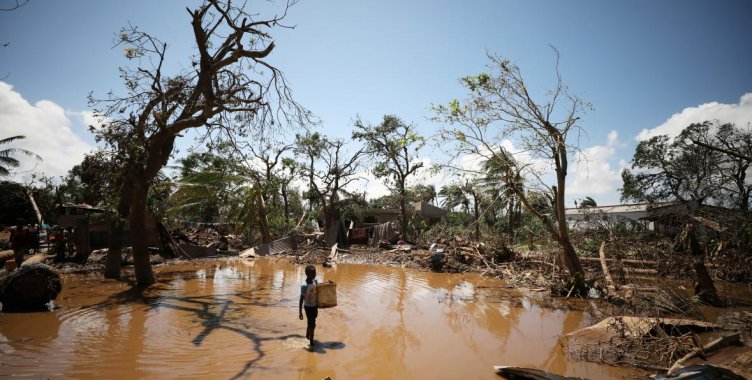The situation was recognized by the Secretary of State for the Environment, Paula Francisco Coelho, who pointed out floods, floods, droughts, soil erosion and the increase in sea level as the main effects of climate change in the country.
"Along with these, climate change has the potential to directly affect the country's agriculture, infrastructure, food and energy security sectors, as well as public health," she said.
The ruler was speaking this Tuesday in Luanda during the opening of the fourth round table on Climate Change, as the focus on agriculture, promoted by the Ministry of Culture, Tourism and Environment (MCTA) in partnership with the UK embassy in Angola.
According to Paula Francisco Coelho, regarding the causes of climate change, Angola occupies "a top place in the African continent in terms of per capita emissions".
"Therefore, the need to identify opportunities for the promotion of low carbon economy on a national scale is urgent," she noted.
The set of potential harmful effects of climate change, he stressed, "imposes on us the need to adjust our development model, making it resilient to the effects that collectively we can no longer avoid".
According to the government, one of the priorities of the Climate Change Program of the National Development Plan (PDN) 2018-2022 is the promotion of climate resilience in agriculture and other sectors.
"Climate action stands out as a transversal concern in the scope of the Long Term Strategy Angola 2025 and the NDP. The climate change program aims at the integration of the climate component in the decision making processes", he said.
Paula Francisco Coelho also announced, on the occasion, that the Executive intends to approve a "National Strategy for Climate Change 2020-2035" as a national political instrument to guide climate action at national level and in the long term.
Among other priorities, she said, are the "adoption of technologies compatible with the objectives of the Paris Agreement, and aligned with international consensus on sustainable development, including Agenda Africa 2063".
For her part, the UK Ambassador to Angola, Jéssica Hand, who attended the meeting by videoconference, said she was eager to work with the Government to support efforts to "develop clean and sustainable policies.
"In particular, to reduce emissions and better manage waste management, reducing the use of plastics, among others," she said.
Angola ratified the United Nations Framework Convention on Climate Change (UNFCCC) in May 2000, the Kyoto Protocol in March 2007, and recently the Doha Amendment to the Kyoto Protocol in July and the Climate Change Agreement last November.







